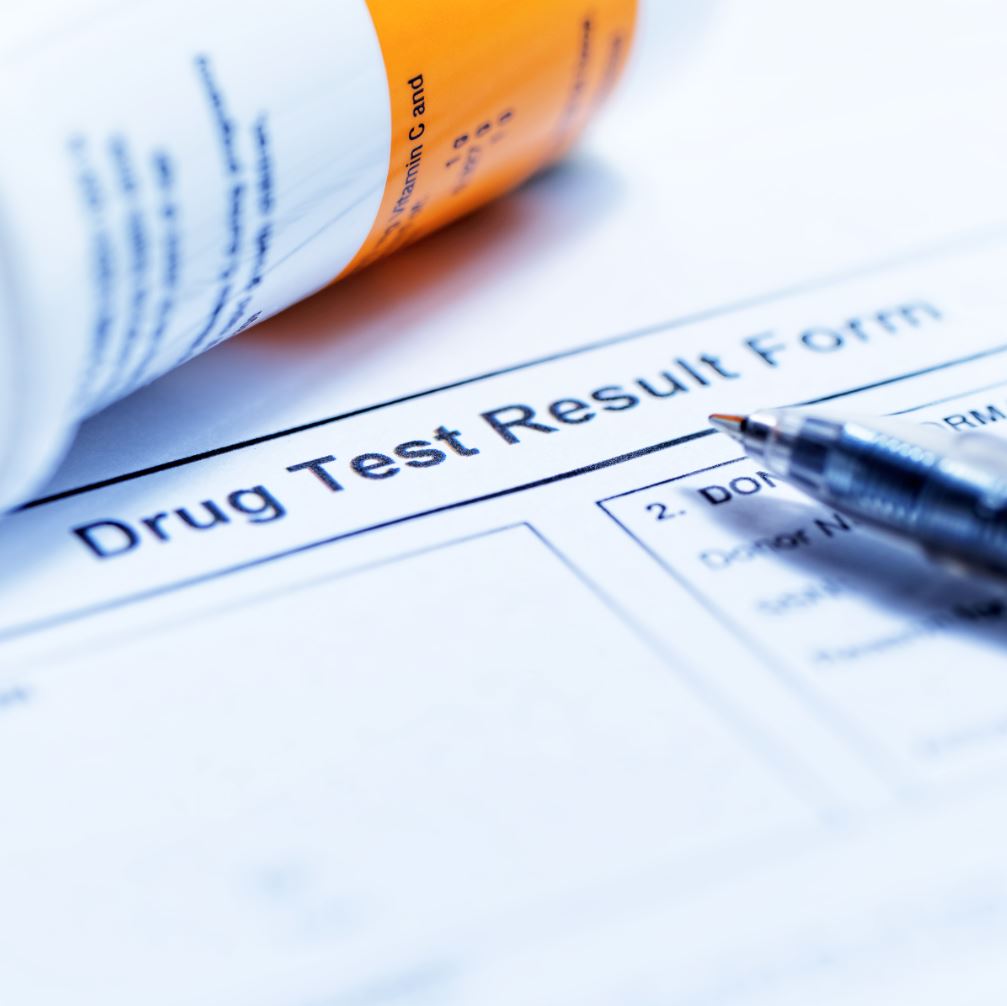This website uses cookies so that we can provide you with the best user experience possible. Cookie information is stored in your browser and performs functions such as recognising you when you return to our website and helping our team to understand which sections of the website you find most interesting and useful.
OSHA Provides Important Clarification on Safety Incentive and Drug Testing Guidance Programs

Earlier this month the Occupational Safety and Health Administration (OSHA) announced important clarifications to the 2016 injury and illness rule. Previously, the 2016 ruling was viewed as having the potential to penalize U.S. employers for certain drug testing policies and safety incentive programs.
The guidance issued in an October 11, 2018 memorandum to regional administrators and state affiliates effectively pulls back several of the most extreme aspects of OSHA’s prior positions from 2016. In a clarifying statement, OSHA shared that “29 C.F.R. § 1904.35(b)(1)(iv) does not prohibit workplace safety incentive programs or post-incident drug testing.” OSHA now recognizes that employers may implement such programs and/or testing in an effort to promote workplace safety. Furthermore, the agency has better clarified what is permissible and what is not.
OSHA Clarifies Safety Incentive Programs
Important clarifications were communicated at the regional and state levels, including:
- Evidence that an employer “consistently enforces legitimate work rules (whether or not an injury or illness is reported) would demonstrate that the employer is serious about creating a culture of safety.”
- Rather than assuming that safety programs are improper, OSHA suggested that it will now find violations only with direct evidence of improper intent. A safety incentive program or drug testing policy “would only violate 29 C.F.R. § 1904.35(b)(1)(iv) if the employer took the action to penalize an employee for reporting a work-related injury or illness rather than for the legitimate purpose of promoting workplace safety and health.”
- Safety programs that provide rewards for reporting near misses and hazards are permissible. These include programs that encourage reporting of hazards and involvement in a safety and health management system.
- Incentive programs can be based on injury rates as long as the right provisions are in place. For example, rate-based programs that reward employees (or managers) with prizes or bonuses for low/no injury rates are permissible as long they “are not implemented in a manner that discourages reporting.” If an employer withholds a prize or bonus because of a reported injury, “OSHA would not cite the employer under § 1904.35(b)(1)(iv) as long as the employer has implemented adequate precautions to ensure that employees feel free to report an injury or illness.” Therefore, it may not be sufficient to simply make a company statement that encourages reporting or prohibits retaliation. To remain compliant with the law, OSHA recommends that employers using a rate-based incentive program also consider the implementation of:
- Rewards for employees identifying unsafe conditions,
- Training to reinforce reporting rights and responsibilities and non-retaliation policies, and
- “A mechanism for accurately evaluating employees’ willingness to report injuries and illnesses.”
OSHA Provides Updated Guidance on Drug Testing
Also included in their October memo, OSHA states that “most instances of workplace drug testing are permissible under § 1904.35(b)(1)(iv).” The following are examples of “permissible” drug testing:
- Random drug testing.
- Drug testing unrelated to the reporting of a work-related injury or illness.
- Drug testing under a state workers’ compensation law.
- Drug testing under other federal laws, such as the U.S. Department of Transportation.
- “Drug testing to evaluate the root cause of a workplace incident that harmed or could have harmed employees. If the employer chooses to use drug testing to investigate the incident, the employer should test all employees whose conduct could have contributed to the incident, not just employees who reported injuries.”
OSHA stated that its new guidance supersedes anything to the contrary it may have said in the past. Employers may want to review their safety incentive and/or drug testing policies and practices to favor these important clarifications.
If you have any questions on the above, or if you are interested in learning more about how Sikich can assist with reviewing your current workplace policies and programs, please contact your Sikich HR Consultant today.
Reference:
This publication contains general information only and Sikich is not, by means of this publication, rendering accounting, business, financial, investment, legal, tax, or any other professional advice or services. This publication is not a substitute for such professional advice or services, nor should you use it as a basis for any decision, action or omission that may affect you or your business. Before making any decision, taking any action or omitting an action that may affect you or your business, you should consult a qualified professional advisor. In addition, this publication may contain certain content generated by an artificial intelligence (AI) language model. You acknowledge that Sikich shall not be responsible for any loss sustained by you or any person who relies on this publication.




